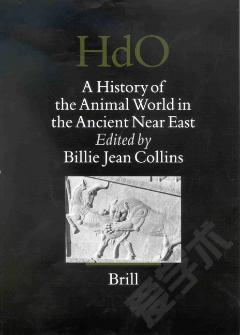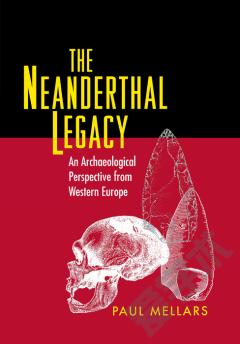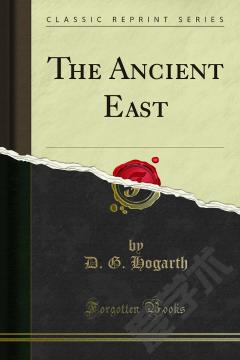Nature —— Western Attitudes Since Ancient Times
----- 性质
In an advertisement for water filter cartridges, we see a tumbling waterfall. The caption reads, "Like nature, Brita is beautifully simple." What kind of thinking is this? Is nature an objective reality that, in its beautiful simplicity, is unaffected by time, culture, and place? The word nature itself: what do we actually mean by it? These are some of the riveting questions examined by Peter Coates as he demonstrates that nature, like us, has a history of its own. Beginning with Roman times, Coates investigates the ideological and material factors that have influenced human perceptions of, attitudes toward, and uses of nature - notably religion and ethics, science, technology, economics, gender, and ethnicity.Nature is seen among its rich panoply of meanings as a physical place, as the collective phenomena of the world, as an essence or principle that informs the workings of the world, as an inspiration and guide for people and a source of authority governing human affairs, and as the conceptual opposite of culture. By examining these aspects of nature, Coates leads us on a spectacular tour of the central intellectual forces of Western civilization. The book is essential reading for those who seek an understanding of the history of ideas and the role of nature in that history.
{{comment.content}}








 京公网安备 11010802027623号
京公网安备 11010802027623号